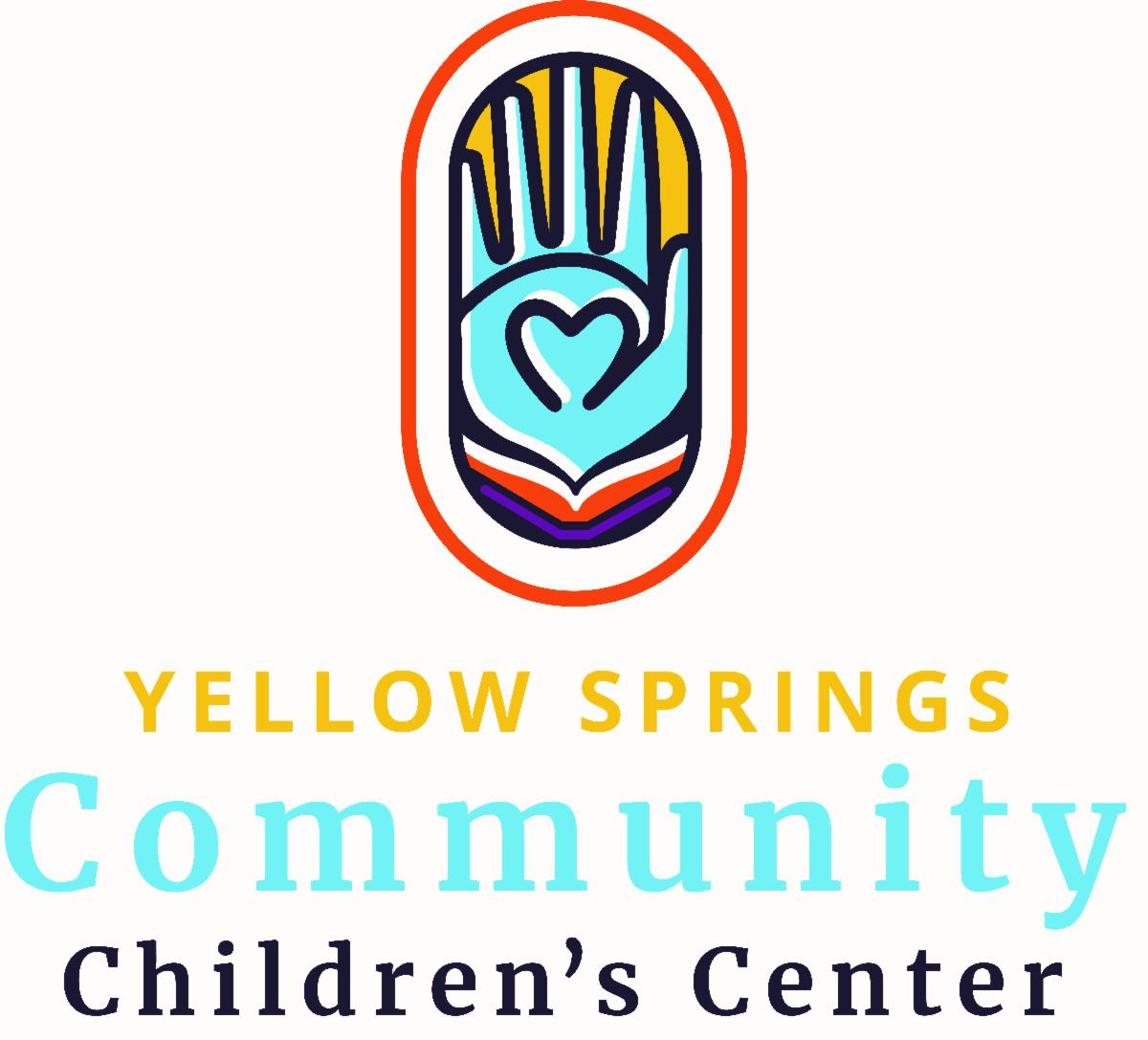The curriculum provides the child with situations that may safely test levels of development and independence. This is done at a pace and in an environment where the child feels comfortable and secure.
Curriculum Core Subjects
To encourage experimentation and mastery, the curriculum provides age and developmentally appropriate materials and equipment. The ability to make choices is developed from providing children with a limited number of alternatives in any given situation throughout the day. Making choices enables children to exercise their autonomy, to learn from self-imposed consequences, and to know the world as a place of alternatives.
- expression of needs
- expression of feelings
- expression of personally meaningful experiences
- expression of humor
- expression of creativity – dramatics, music, poetry & rhymes, storytelling
- recognizing and imitating
- description of objects, events, relationships
- listening to others' use of language and sound
- spoken language as written word
- appreciation and acceptance of one's own and others' creativity
- creation with large muscles
- creation with small muscles
- creativity with language
- experimentation with materials and elements of natural environment
- appreciation of beauty
- appreciation of music
- questioning and reasoning initiated by the child
- understanding one's geographical place
- understanding our natural world
- conceptualizing change
- concepts of spatial relations
- concepts of growth - human and animal bodies, recycling, seeding
- concepts of qualities of matter
- concepts of interrelatedness within nature
- concepts of time
- concepts of time and sequencing
- concepts of numbers
- concepts of classification – some/all, like/different, sorting, matching
- concepts of serration - measuring, graphing, ordering
- acquiring skill with one's body and it's function
- appreciation of one's own body
- acquiring skills with tools, materials, equipment
- concept of growth and health of bodies
- acquisition of visual discrimination skills
- understanding one's geographical place
- understanding other geographical places
- understanding likenesses and differences among people
- understanding interrelatedness of people
- appreciation of self as emotional being
- respect for the needs and feelings of others
- understanding self/body and its skills
- self in relation to others - role playing
- expression of needs
- expression of feelings

